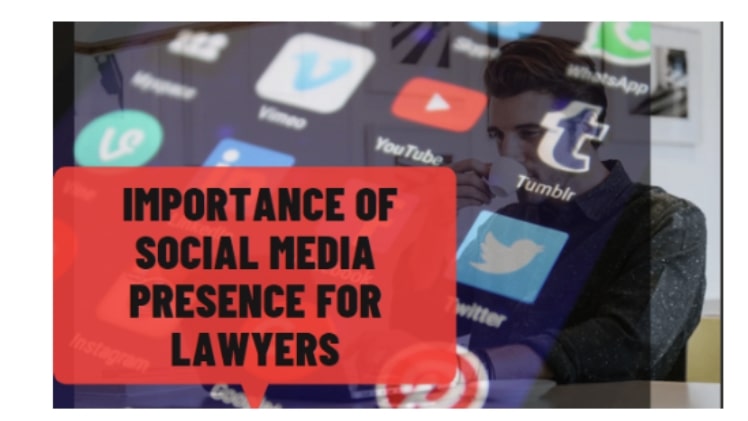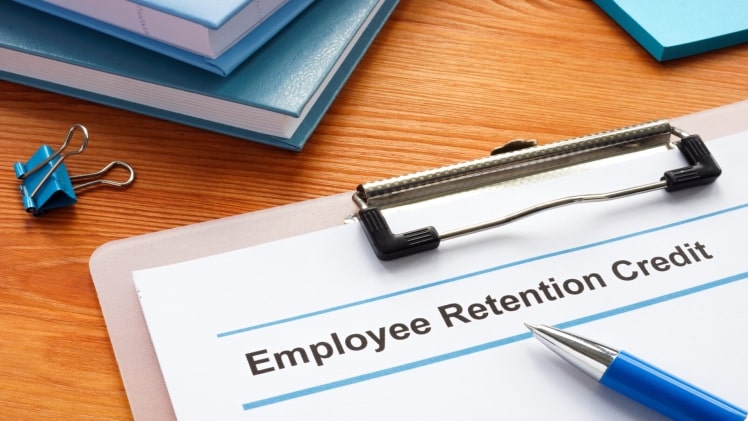Small law firms often face tough competition, especially in the personal injury sector. Standing out requires more than just legal expertise—it demands smart, targeted marketing strategies that resonate with potential clients. As 2025 approaches, evolving consumer behavior and digital trends are reshaping how firms attract and retain clients.
Personal injury marketing offers a unique opportunity for small law firms to grow their client base and build a strong reputation. By leveraging innovative tactics and focusing on client-centric approaches, firms can position themselves as trusted advocates while driving sustainable growth.
Cost-Effective SEO Strategies for Small Firm Budgets
Optimizing websites for local search rankings helps small law firms attract nearby clients. Using geographically relevant keywords like “personal injury lawyer in [city]” ensures visibility among local audiences. Google Business Profile optimization strengthens local search positioning by including accurate contact details, operating hours, and client reviews.
Creating educational, client-focused blog content improves engagement and search rankings. Posts answering common personal injury questions, such as “What to do after a car accident?” or “How to file a personal injury claim,” establish authority and build trust. Long-tail keywords enhance visibility by targeting specific queries.
Securing backlinks from authoritative legal or local directories boosts domain authority and search rankings. Participating in collaborative content partnerships with reputable sites attracts additional referral traffic.
Leveraging free SEO tools, such as Google Analytics and Search Console, allows small firms to monitor site performance while identifying optimization opportunities without additional costs. Allocating resources toward content improvement and technical SEO maximizes effectiveness under budget constraints.
Small firms can grow their practices and reach wider audiences by employing these cost-efficient strategies.
Content Marketing for Vehicle Accident and Injury Cases
Content marketing helps small law firms position themselves as knowledgeable and approachable advocates for vehicle accident and injury victims. It builds trust and attracts potential clients by addressing their concerns with informative and relevant materials.
- Create Educational Blog Posts: Writing blogs that explain legal processes, such as “What to Do After a Car Accident,” provides clarity for accident victims searching for guidance. Including trending and locally relevant topics ensures higher engagement.
- Develop Case Study Content: Sharing anonymized client success stories illustrates experience in handling similar cases and boosts credibility. Highlighting settlements or resolutions achieved in vehicle accident cases adds valuable social proof.
- Offer Downloadable Guides: Comprehensive, free resources, such as “How to File a Personal Injury Claim,” encourage potential clients to engage further and become leads. These resources can be distributed through email campaigns or social media.
- Utilize Video Marketing: Short, attention-grabbing videos on platforms like YouTube can cover frequently asked questions, such as “How Fault Is Determined in Auto Accidents.” Videos also rank well in search engines, enhancing visibility and engagement.
- Leverage SEO in Content: Incorporating long-tail keywords like “local vehicle accident lawyer” or “personal injury attorney near me” optimizes content for local discoverability. This tactic attracts clients searching for legal help in their immediate area.
Focusing on content tailored to vehicle accident and injury cases helps Grow Small Law Firm operations by increasing client-centric engagement. Providing resources that answer critical questions ensures potential clients Learn more while positioning the firm as a trusted guide during challenging times.
Scaling Leads With AI Chatbots and Instant Consultation Offers
AI chatbots streamline lead generation by providing potential clients with immediate responses, enhancing the user experience. They answer common personal injury-related questions, capture contact information, and pre-screen leads based on your firm’s criteria. For example, chatbots integrated with FAQs on accident claim processes shorten response times, ensuring prospects remain engaged.
Instant consultation offers effectively convert website visitors into leads by creating a sense of urgency. Forms integrated with chatbot systems allow visitors to schedule free consultations within minutes. Personal injury firms can use these offers to provide quick assessments, addressing critical pain points while establishing credibility.
Integrating chatbot technology with CRM systems enables efficient follow-ups and improves client engagement by automating reminders and updates. For personal injury practices, this ensures better lead tracking and higher conversion rates. Firms looking to Grow Small Law Firm operations by 2025 can leverage these tools to enhance lead nurturing and adapt to evolving client preferences.
Using Review Generation Tools to Build Community Trust
Review generation tools play a critical role in establishing trust for small law firms, especially in competitive personal injury markets. These tools help automate the process of soliciting, collecting, and managing client reviews, easing the administrative burden on small firms. By leveraging these tools, small firms can grow their online presence and foster credibility within local communities.
Eliminating manual outreach, tools like Birdeye and Podium enable firms to request reviews via SMS or email immediately after client interactions. Automating this step increases the likelihood of receiving positive reviews while saving time for staff. Tools also organize reviews in one platform, simplifying management and responses.
Prompt responses to client reviews using these tools showcase the firm’s commitment to client satisfaction. Firms that consistently engage with both positive and negative feedback create a reputation for transparency and professionalism. Potential clients are more likely to choose a firm with visible, authentic reviews, seeing it as a trusted advocate in personal injury cases.
Additionally, review generation platforms enhance SEO rankings by boosting visibility in local search results. Reviews integrated into Google Business Profiles improve credibility and attract users searching for trusted personal injury firms. Encouraging satisfied clients to leave reviews signals strong community relationships, supporting small law firms aiming to grow their operations.
Implementing these tools enables firms to scale their marketing efforts effectively while earning trust. Small law firms utilizing such solutions in 2025 align with modern digital marketing trends, positioning themselves for sustainable growth. Clients seeking more resources to learn more about relevant tools can explore platforms tailored to grow small law firm authority in competitive markets.
Measuring Marketing ROI for Personal Injury Campaigns
As small law firms embrace innovative personal injury marketing tactics, tracking the return on investment becomes essential. Measuring key metrics like lead conversions, website traffic, and client acquisition costs ensures strategies remain effective and scalable.
By continuously analyzing performance data, firms can identify what works, refine their approach, and allocate resources more efficiently. This data-driven mindset not only maximizes growth potential but also solidifies a firm’s position in an increasingly competitive market.
With the right tools and strategies, small law firms can confidently navigate the evolving landscape, build trust with clients, and achieve sustainable success in 2025 and beyond.





